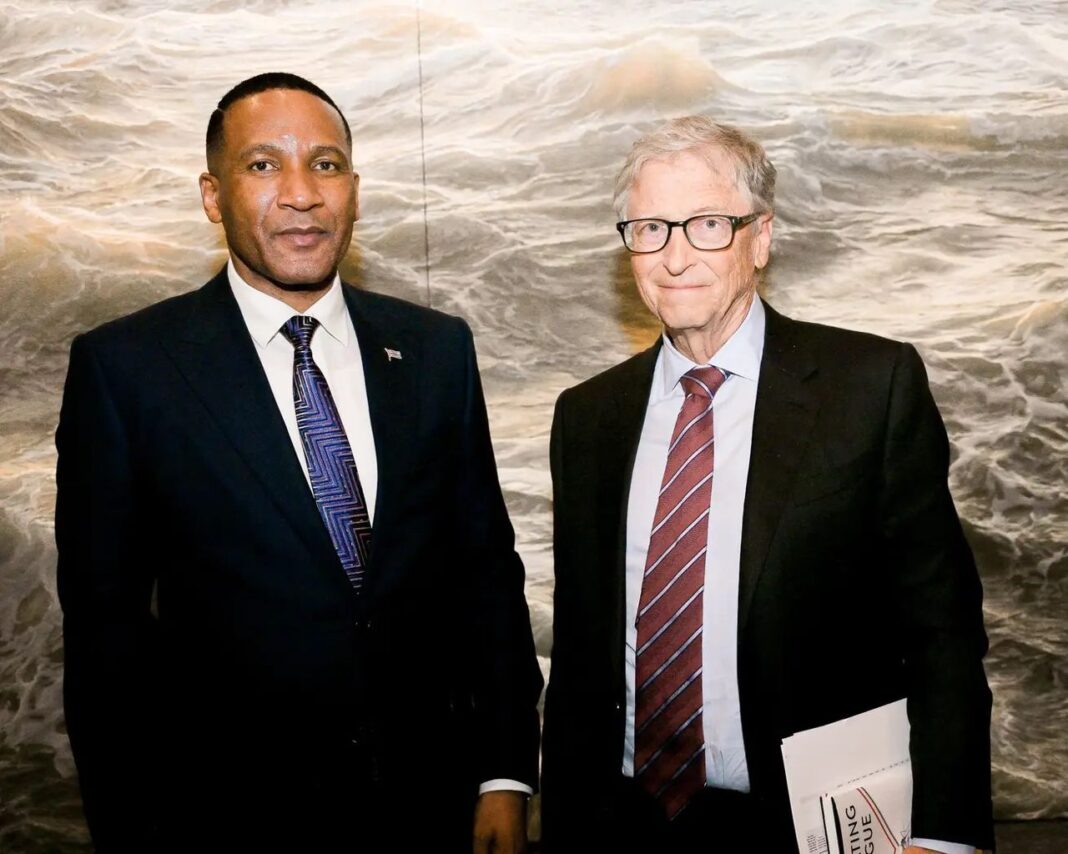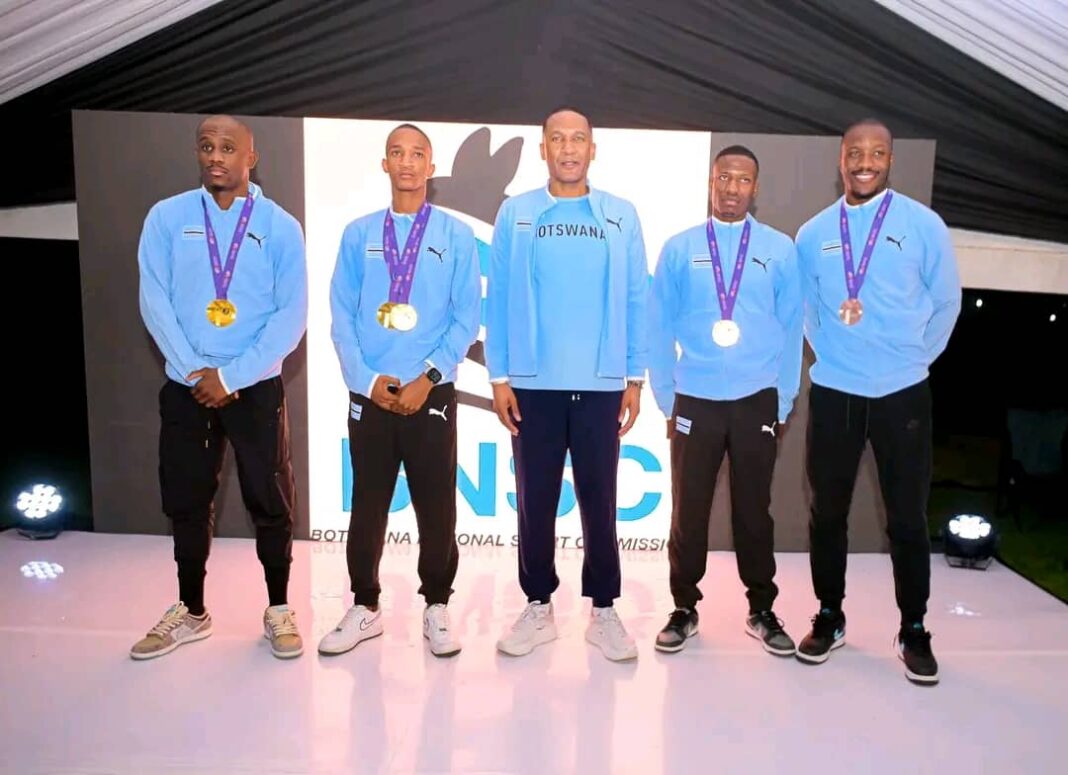By Christopher Mutasa
Introduction
Africa stands at a defining crossroads. On one hand lies the promise of industrialisation — factories, infrastructure, technology, and economic self-sufficiency. On the other hand lies the necessity of militarisation — defence, deterrence, and protection of sovereignty. But here is the uncomfortable truth: anything we build and cannot defend militarily is not truly ours.
As African nations strive for economic independence, inspired by the legacies of Thomas Sankara, Muammar Gaddafi, and the courage of new-generation leaders like Ibrahim Traoré, we must ask: can Africa truly achieve freedom without a credible military backbone?
The Reality of Power and Protection
In global politics, might defines right. The world’s so-called “superpowers” coexist not out of goodwill but because of mutually assured destruction (MAD) — the doctrine that ensures no nuclear-armed nation attacks another without guaranteeing its own annihilation. The United States, Russia, China, France, and others all hold between 5,000 and 10,000 nuclear warheads.
Now, contrast that with Africa — a continent of 1.4 billion people, rich in minerals, oil, gas, and human potential — yet not a single African nation possesses a nuclear weapon. Russia would not exist today without its “Dead Hand” deterrence system. North Korea, a small and isolated state, commands global attention because of its military might.
Africa, on the other hand, has accepted its vulnerability as “peaceful virtue.” But history shows us peace without power invites exploitation.
Lessons from the Past: The Cost of Defenceless Development
Our history is marked by visionary leaders who sought to rewrite Africa’s destiny — Sankara, Gaddafi, Patrice Lumumba, and now Traoré. They shared one dream: African ownership, African pride, and African control over African resources.
Yet, one by one, they were silenced. Why? Because they lacked what their adversaries possessed — military deterrence. The Western world does not fear speeches, sanctions, or slogans; it respects power.
Without credible defence, every industrial effort becomes a gift to those waiting to seize it. We can build factories, refineries, and mines, but if a foreign drone or mercenary force can destroy them overnight, then those industries are not symbols of freedom — they are targets of convenience.
Industrialisation Without Militarisation Is Illusion
Industrialisation is vital, but by itself, it is fragile. A factory without a soldier is a dream exposed. A power plant without protection is an invitation to sabotage. An economy without defence is an economy owned by others.
Africa’s challenge is not merely to produce goods — it is to defend the right to produce them. Until we can shield our industries, protect our leaders, and control our strategic resources, we remain tenants in our own homes.
This is why militarisation must be part of Africa’s developmental blueprint — not as a tool of aggression, but as a shield of sovereignty.
Militarisation as a Catalyst for True Industrial Growth
Militarisation and industrialisation are not rivals — they are twins. Every superpower began its industrial revolution with a military backbone.
- The United States built its technology sector through military contracts.
- Russia industrialised through its defence industry.
- China linked military innovation with economic modernisation.
Africa can and must do the same. A continental defence industry — producing vehicles, weapons, surveillance systems, and cybersecurity infrastructure — would not only secure nations but create thousands of jobs, spur innovation, and expand local manufacturing capacity.
By investing in defence industries, we invest in engineers, scientists, welders, and researchers. We train the hands that will later build tractors, railways, and machinery. Militarisation, therefore, can become the very engine that powers industrialisation.
The Vulnerability of Modern African Leaders
Today, bold leaders such as President Duma Boko of Botswana and Captain Ibrahim Traoré of Burkina Faso represent a rising generation unafraid to challenge neo-colonial structures. They advocate for sovereignty, dignity, and ownership of Africa’s resources.
Yet, they are vulnerable — not because they lack vision, but because they lack the protective machinery that superpower nations possess. The West has mastered the art of silencing strong African leaders — through coups, sanctions, and assassinations — whenever they step outside the line of control.
Until Africa can defend its own revolutionaries, its revolutions will remain unfinished.
The Case for a Strong African Military Doctrine
Africa must rethink its military philosophy. The African Union (AU) and regional blocs like SADC, ECOWAS, and EAC should not only coordinate peacekeeping missions but also form a Continental Defence Force — equipped, trained, and ready to protect Africa’s sovereignty and strategic interests.
This force should:
1. Defend mineral-rich territories and infrastructure from external interference.
2. Protect visionary leaders committed to economic freedom.
3. Develop local defence industries across Africa.
4. Create a shared intelligence and cybersecurity framework.
5. Establish a deterrence capacity that commands global respect.
A Balanced Vision: Militarise to Secure Industrialisation
This is not a call for reckless arms races or militaristic regimes. It is a call for strategic empowerment. Industrialisation without defence is dependency; militarisation without industry is poverty.
Africa’s renaissance demands both — factories and fortresses, engineers and soldiers, tractors and tanks. Only then can we ensure that the continent’s wealth, ideas, and future are truly in African hands.
Conclusion: Power Respects Power
The world does not negotiate with the weak. It dictates to them. The nations Africa seeks independence from are not charitable — they are strategic. And strategy, in the modern world, is backed by arms, deterrence, and economic leverage.
Africa must therefore rise beyond rhetoric. It must build and defend. Industrialise while militarising. Create while protecting. Develop while deterring.
Because in the end, freedom without defence is illusion, and development without protection is temporary.
If we can defend what we build, then — and only then — can we say Africa is truly free.
About the Author:
Christopher Mutasa is an aspiring policy and governance analyst expert ,specializing in regional integration, economic policy, and governance systems in Africa. He is currently engaged in advocacy for economic freedom and sustainable governance in Southern Africa.



